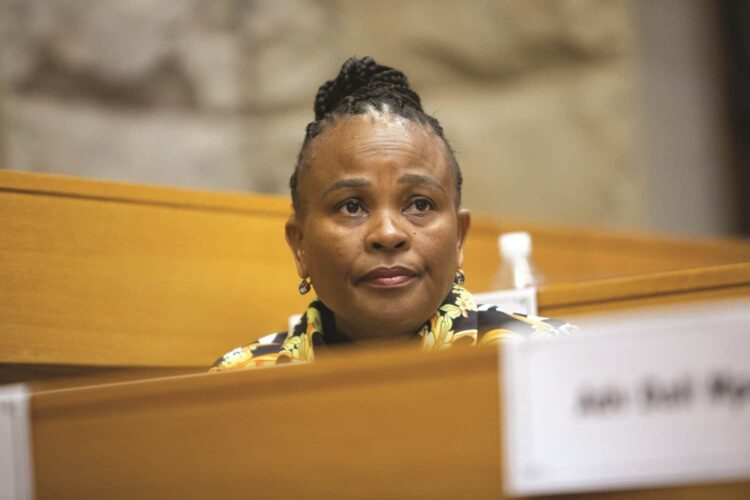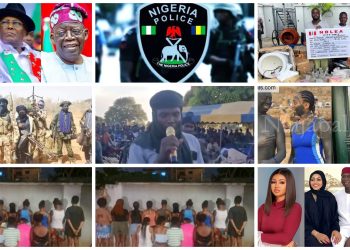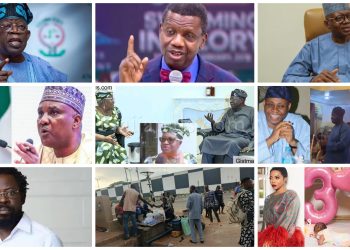Busisiwe Mkhwebane and Lindiwe Phadi both organize rival meetings as the Mpumalanga Umkhonto weSizwe (MK) veterans’ association faces rising internal conflicts in South African territory.
Recent gatherings demonstrate the worsening internal divisions of an organization that operated as the African National Congress (ANC) armed wing in the past.
A substantial number of MK veterans came to Mbombela to hear Busisiwe Mkhwebane the retired Public Protector conduct the meeting. During this platform Mkhwebane presented her views about factors she believes threaten the unified purpose of the MK veterans’ organization.
Her service as Public Protector brought numerous controversial investigations and legal battles that sustained their impact on her position in both political and veteran communities.
During the same period Lindiwe Phadi conducted her own gathering with MK leadership support in the identical province. The gathering at Phadi’s meeting attracted numerous veterans which revealed dissenting loyalties within the member group. She delivered an address to the assembly as she expressed different points of view about where the association should go under new leadership.
Phadi declared publicly that she did not organize the crowd meeting she addressed even though her supporters showed up spontaneously.
These back-to-back meetings represent a fundamental conflict between MK veterans about organizational leadership as well as political strategy for modern South Africa.
The Mkhwebane faction stands for traditional cultural principles alongside alliance realignment whereas the Phadi faction seems to promote veteran reform strategies for contemporary issues facing the association.
The South African political situation impacts how these internal disputes play out within the Veteran Association. The ANC ruling party faces internal tensions that create effects for associated organizations including the MK veterans’ association.
These rival meetings occurring within Mpumalanga demonstrate larger political forces which allow different ideological positions and leadership methods to assert dominance.
Numerous experts warn that internal splits among veterans will reduce their joint ability to enforce policy changes that benefit them as an organization. A split organization makes it harder for the association to efficiently advocate for veteran benefits because it does not have a unified front.
The survival of the MK veterans’ association depends on healing the existing divisions because reconciliation efforts between the groups are expected to emerge. Future organizational direction alongside political and social involvement of South Africa will be determined by how these rival factions interact after their meetings.





